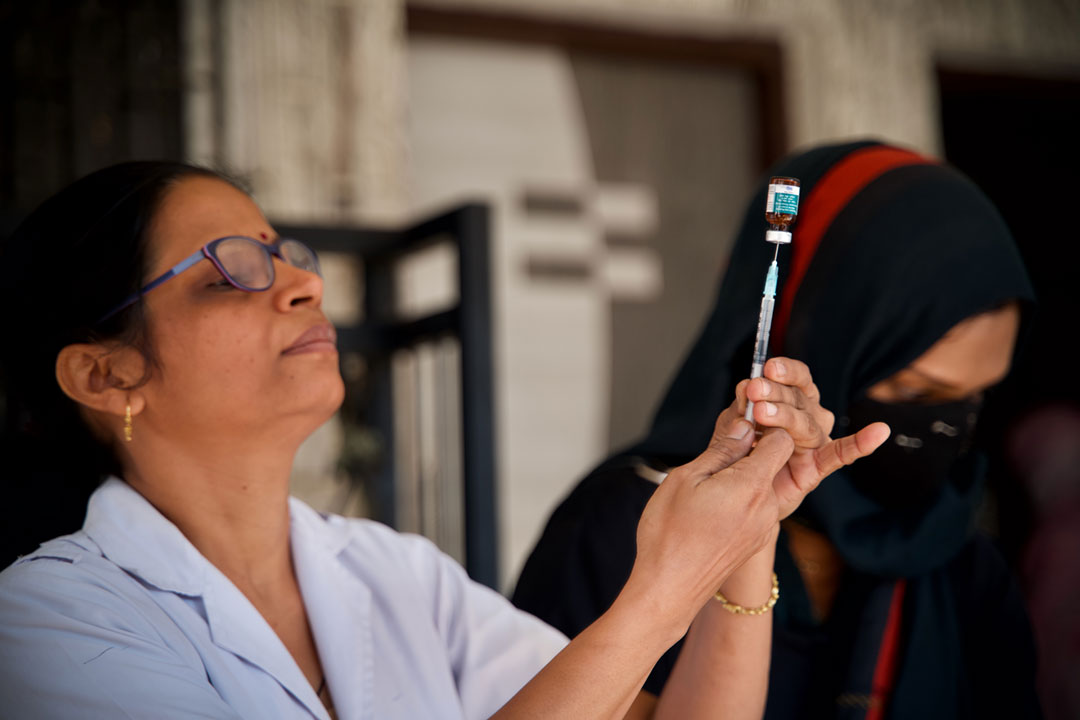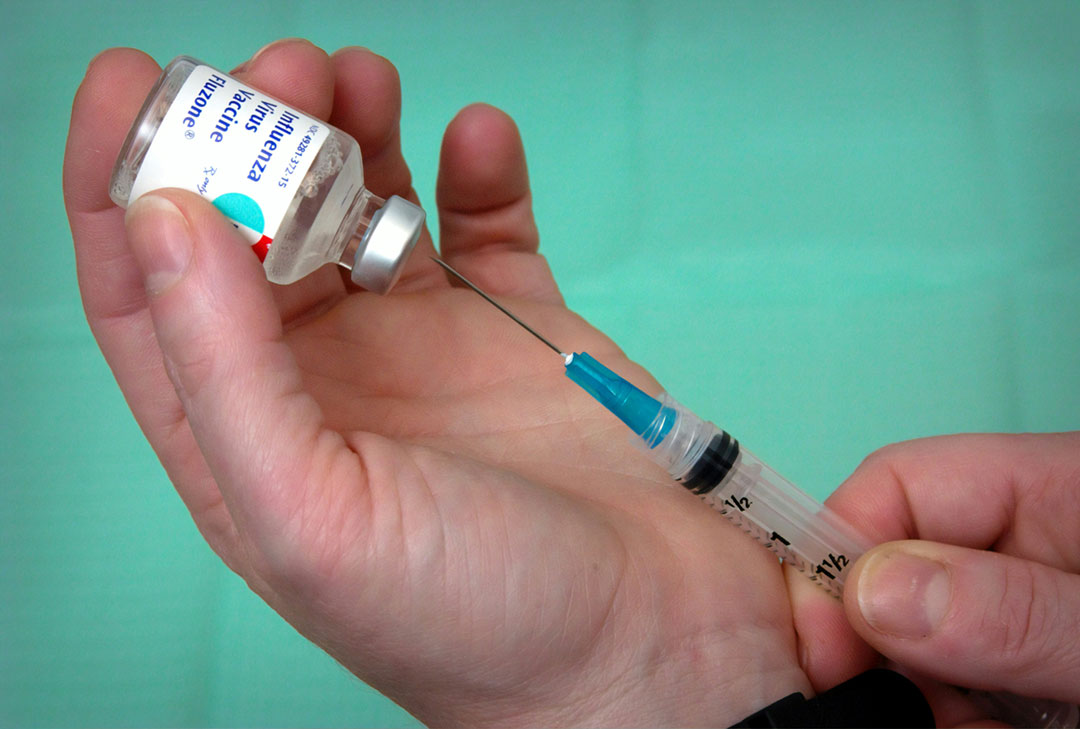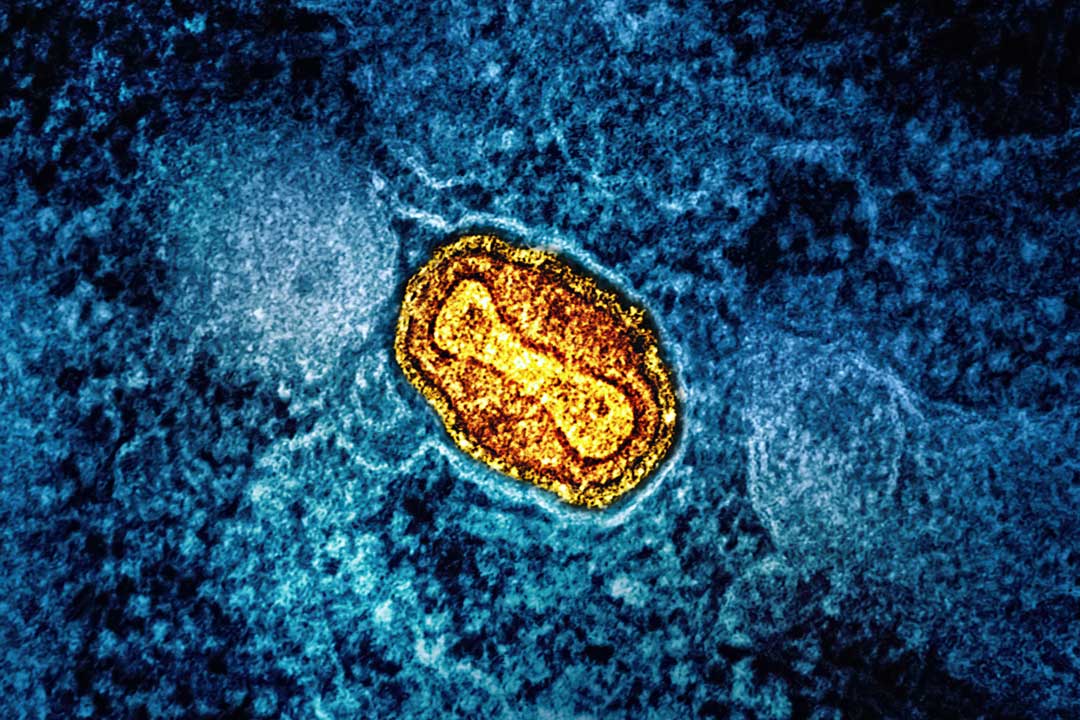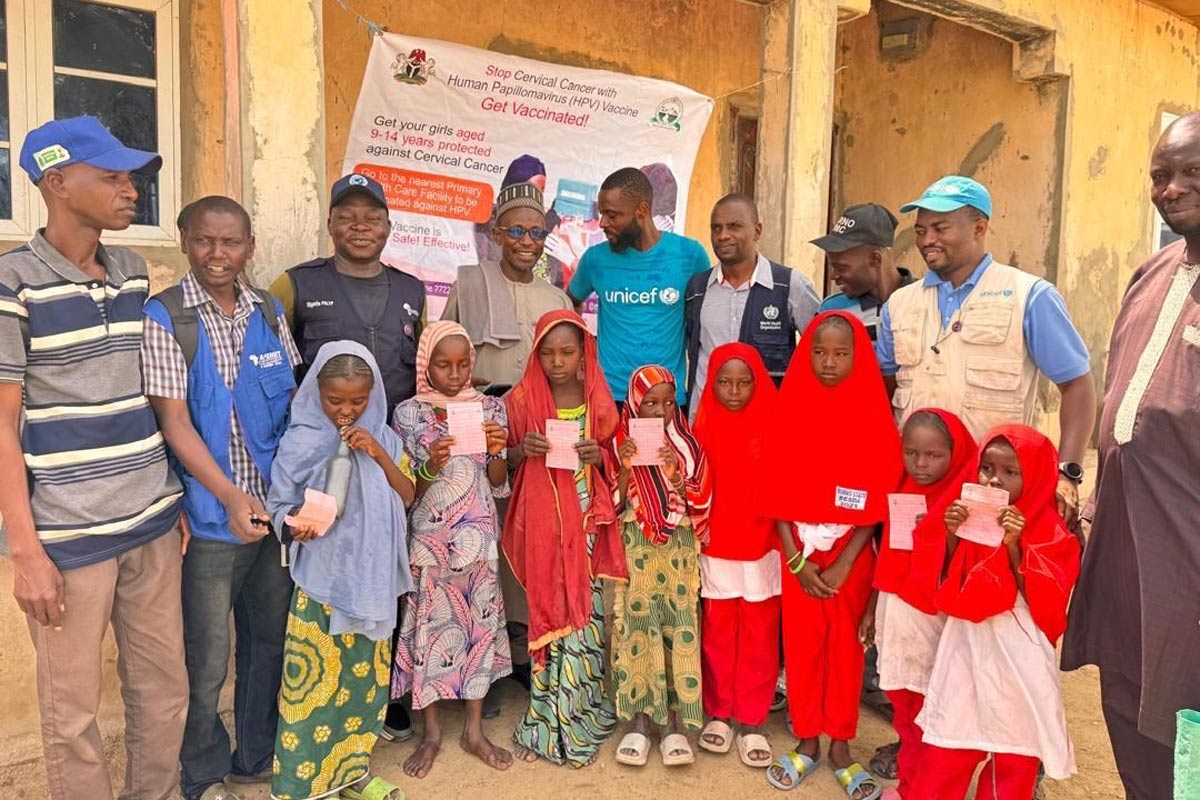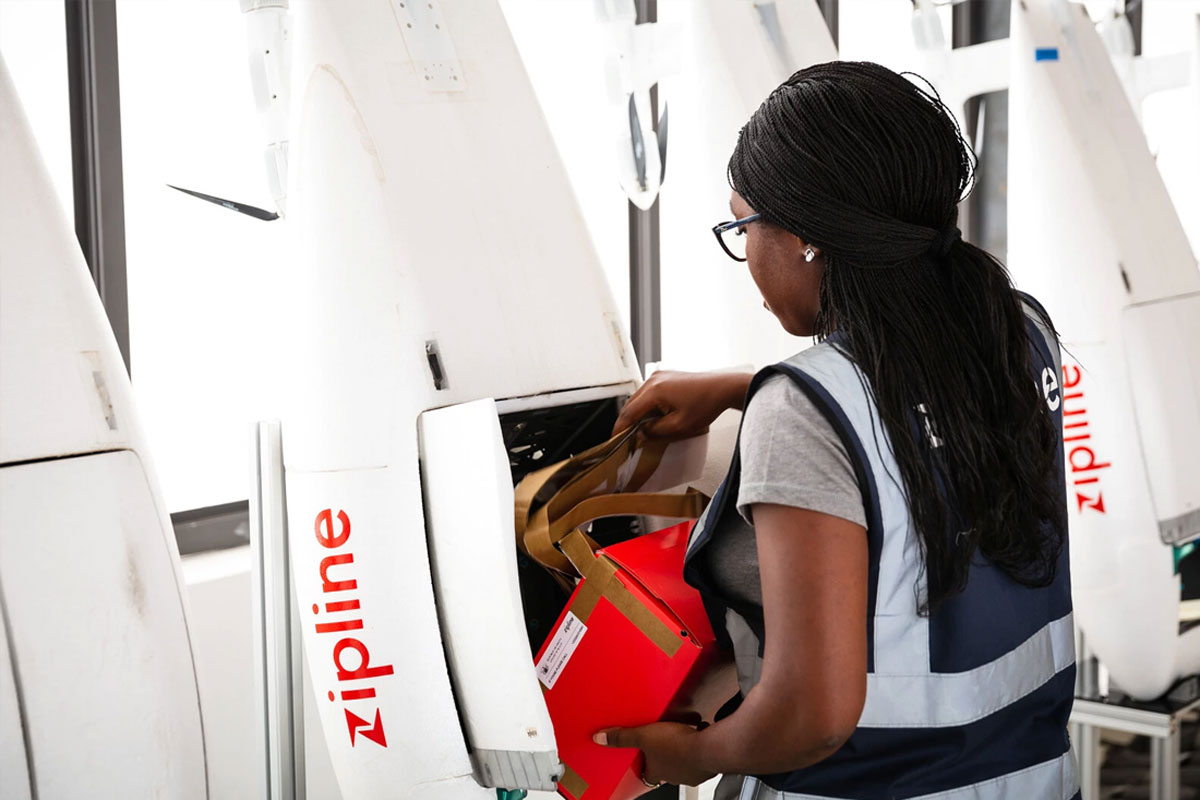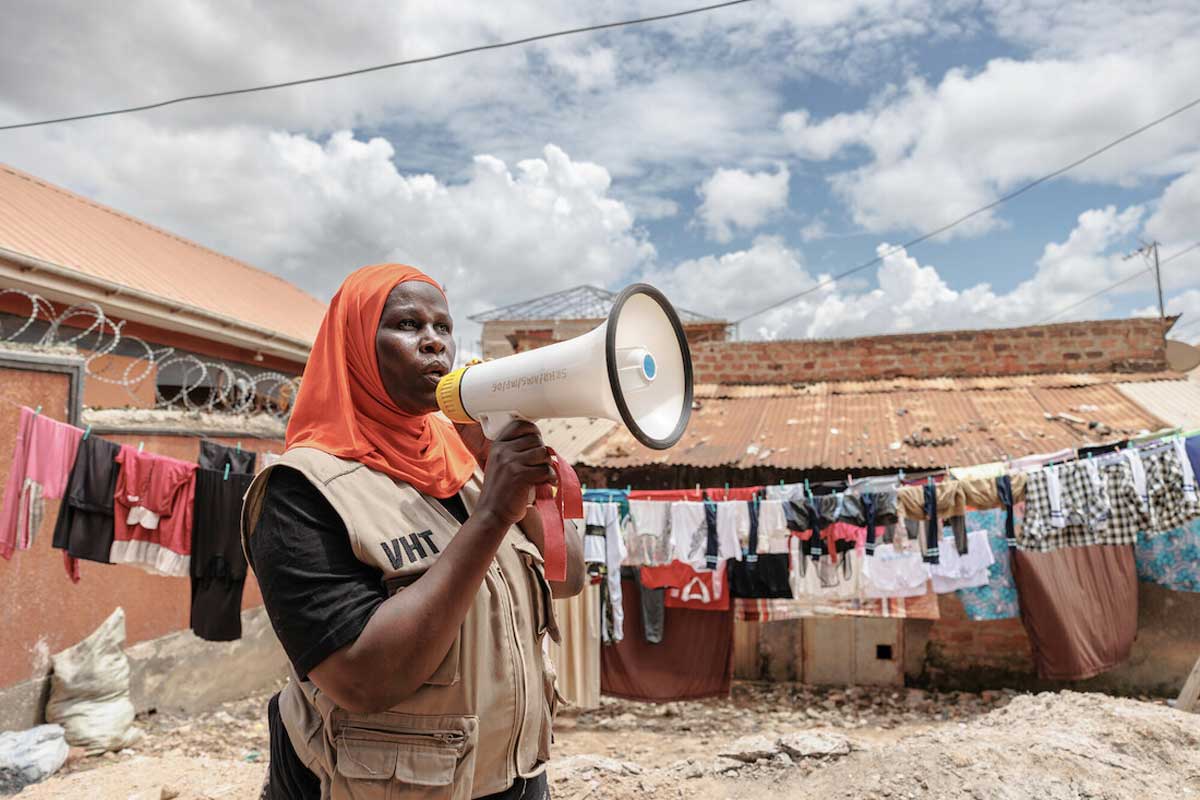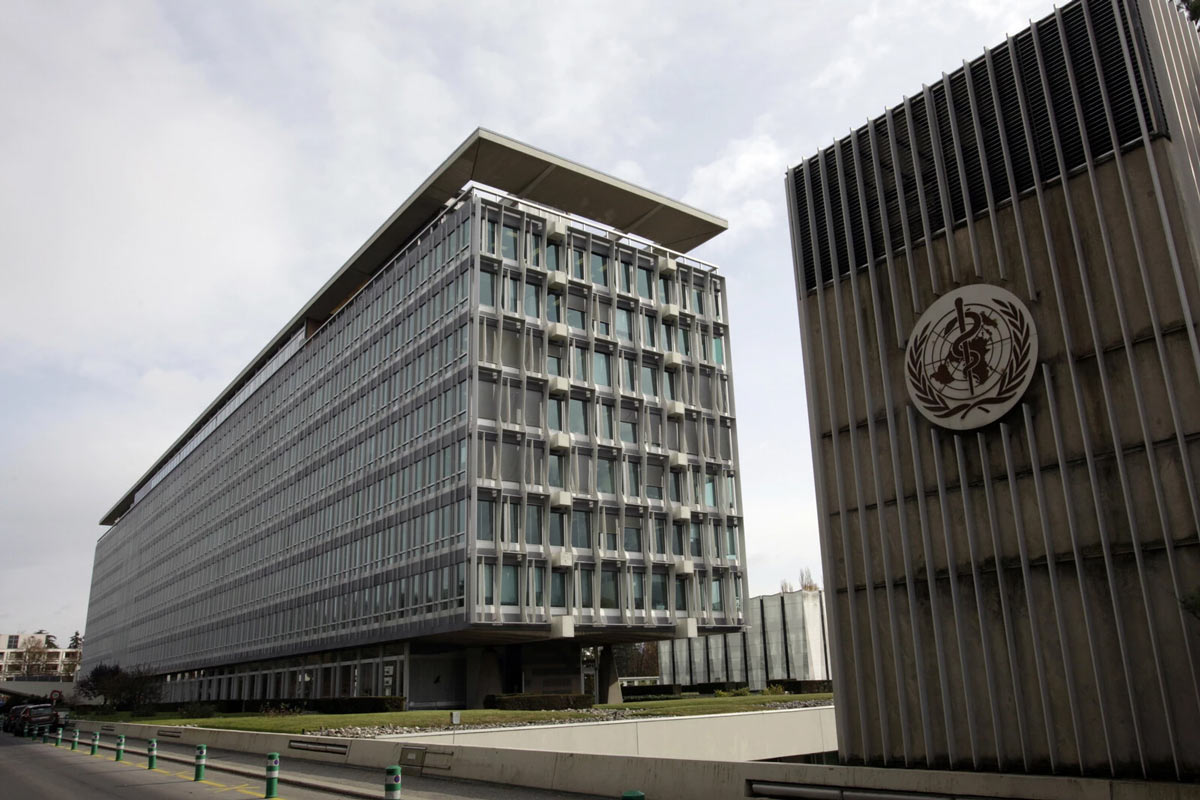COVID-19 could undermine progress towards reducing infant mortality
Over the past three decades, improvements to maternal and newborn health have led to many more infants surviving beyond the first 28 days of life. But disruptions to health services caused by the COVID-19 pandemic may now be undoing years of hard-won progress.
- 30 November 2020
- 5 min read
- by Linda Geddes
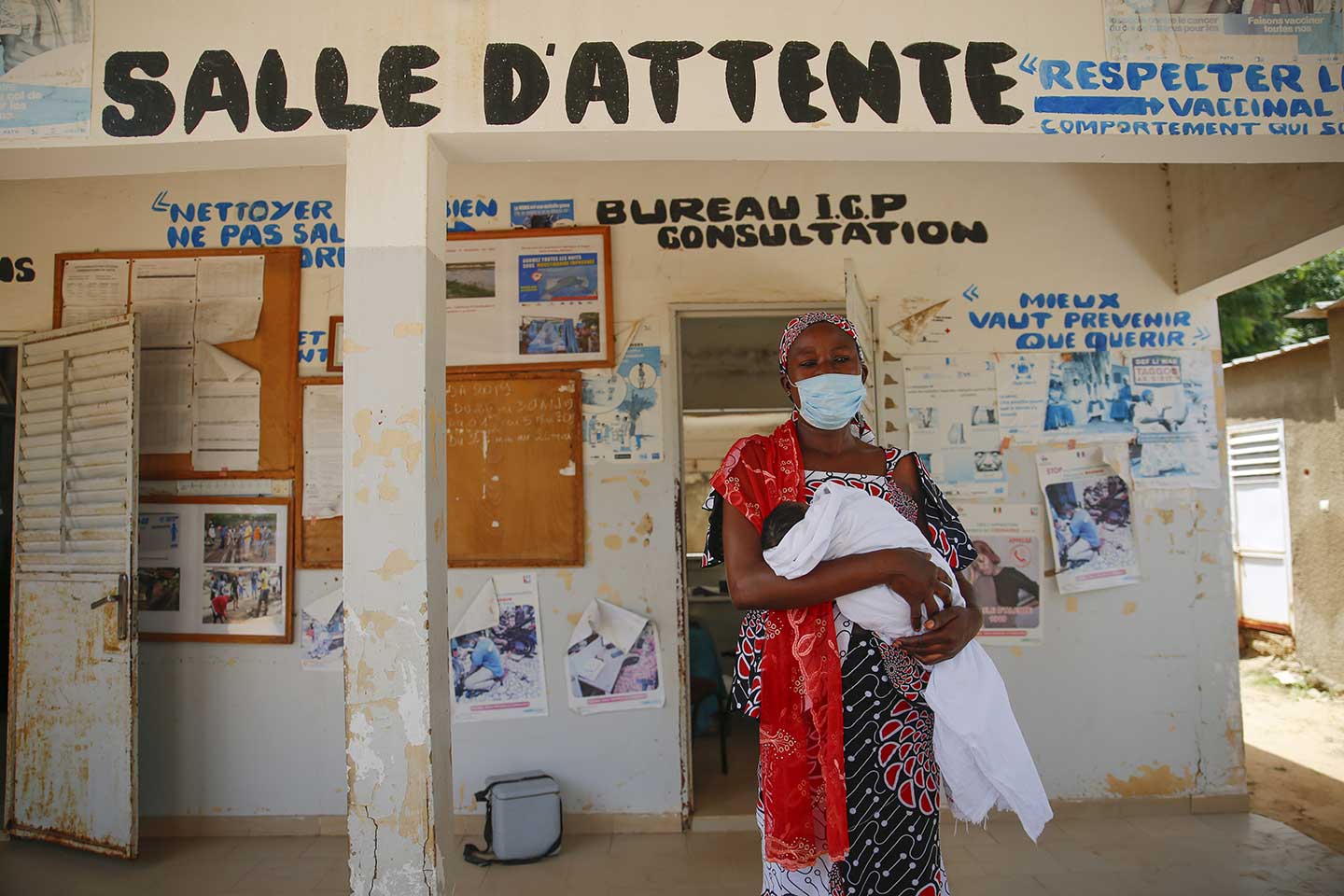
Globally, 98.3% of babies now survive beyond the first 28 days of life, and deaths within this “neonatal period" are roughly half what they were in 1990. Even so, this still amounts to approximately 7,000 neonatal deaths each day, and progress towards further reducing this death toll has lagged behind that made in the under-fives.
The first 28 days are a particularly vulnerable period in an individual’s life. Even if babies avoid premature delivery, birth defects or oxygen deprivation during the later stages of labour, the risk of infection also looms large. So how is the COVID-19 pandemic affecting this highly vulnerable group?
Vulnerability to COVID-19 disease
The good news is that the risk to newborns posed by the coronavirus appears to be relatively mild, and there is no evidence directly linking any newborn or infant deaths to COVID-19. Although babies can, and do, develop COVID-19 disease, approximately a quarter of infections are asymptomatic, and the majority of cases are associated with only mild symptoms (including cough, fever and gastrointestinal symptoms); this was the finding of a systematic review of 26 studies published in Archives of Disease in Childhood – Fetal and Neonatal Edition. Also, although 1 in 10 neonates in the study required mechanical ventilation, the authors could not exclude the possibility that other conditions, including prematurity, might have contributed.
Reduced access to health care
However, COVID-19 may also pose an indirect threat to an infant’s survival. Other health crises, such as the West Africa Ebola epidemic, have demonstrated that disruptions to routine health care and reluctance to seek medical treatment for fear of infection can take their toll on neonatal health. Such factors are estimated to have contributed to some 3,600 maternal and neonatal deaths and stillbirths in Sierra Leone from 2014–2015 – almost as many as were killed directly by the Ebola virus there.
Various modelling studies have predicted that COVID-19 could similarly amplify neonatal deaths. For instance, research published by the Guttmacher Institute in April estimated that even a 10% decrease in pregnancy-related and neonatal health care could result in an extra 168,000 neonatal and 28,000 maternal deaths globally, as well as 2.5 million newborns experiencing major medical complications, including preterm birth, oxygen deprivation, infection and sepsis, as a result of inadequate care.
Have you read?
These impacts are most likely to be felt among already disadvantaged groups, such as poorer households and those needing humanitarian assistance, who tend to bear the brunt of infant deaths during economically challenging times. For instance, inequalities in the rates of stillbirths and infant deaths have been shown to decrease during periods of welfare expansion in the US and UK, but to increase when welfare services and health care coverage are cut.
Earlier this year, a UNICEF report found that 63% of the 77 countries surveyed reported disruptions to pregnancy-related check-ups as a result of the COVID-19 pandemic, while 59% reported disturbances to postnatal care. Commonly cited reasons included restricted transport, suspension or closure of services and facilities, parents avoiding health centres because of the infection risk, or greater financial difficulties. Among the hardest-hit countries were Afghanistan, Bolivia (Plurinational State of), Cameroon, the Central African Republic, Libya, Madagascar, Pakistan, Sudan and Yemen – which already have some of the highest neonatal mortality rates in the world. For instance, in Cameroon, where 1 in every 38 newborns died in 2019, the UNICEF survey reported a 75% reduction in the provision of essential newborn care, antenatal check-ups, obstetric and postnatal care.
Spotlight on Nepal
Quite how these disruptions will play out in different countries remains to be seen, but in Nepal, at least, the early signs are not good. When researchers assessed the impact of a countrywide lockdown on births and neonatal survival in nine Nepalese hospitals, they found a three-fold increase in the risk of neonatal death during lockdown, increasing from 13 deaths per 1,000 live births before the restrictions to 40 deaths per 1,000 live births during the lockdown. Stillbirths also increased, from 14 per 1,000 live births before lockdown to 21 per 1,000 during the period. “The findings suggest that the national lockdown in Nepal has had a major impact on women and babies through travel restrictions, fear of going to hospitals due to COVID-19, with more complex cases in facilities, delays and reduced quality of care,” said Joy Lawn of the London School of Hygiene & Tropical Medicine, who co-authored the study. “Preterm birth and caesarean section rates rose, and quality of care also fell – notably intrapartum fetal heart rate monitoring and breastfeeding within one hour of birth.”
Prior to COVID-19, Nepal had been on track to meet Sustainable Development Goal targets for maternal and newborn health, having reduced maternal mortality by 76% and newborn mortality by 62% over the past three decades. The pandemic is threatening that progress in Nepal, and potentially elsewhere.

